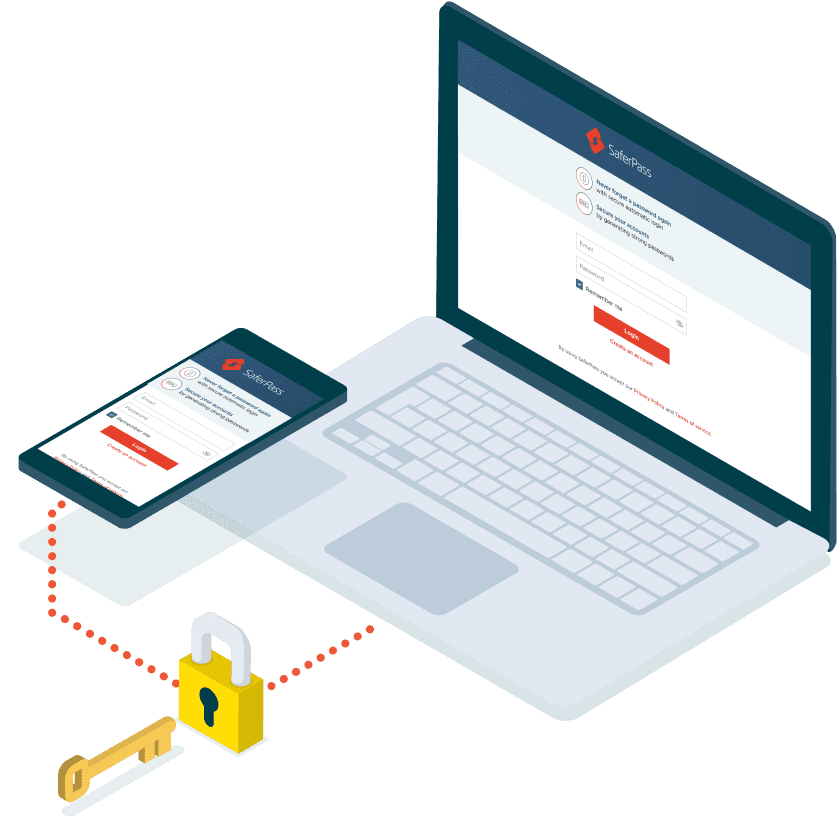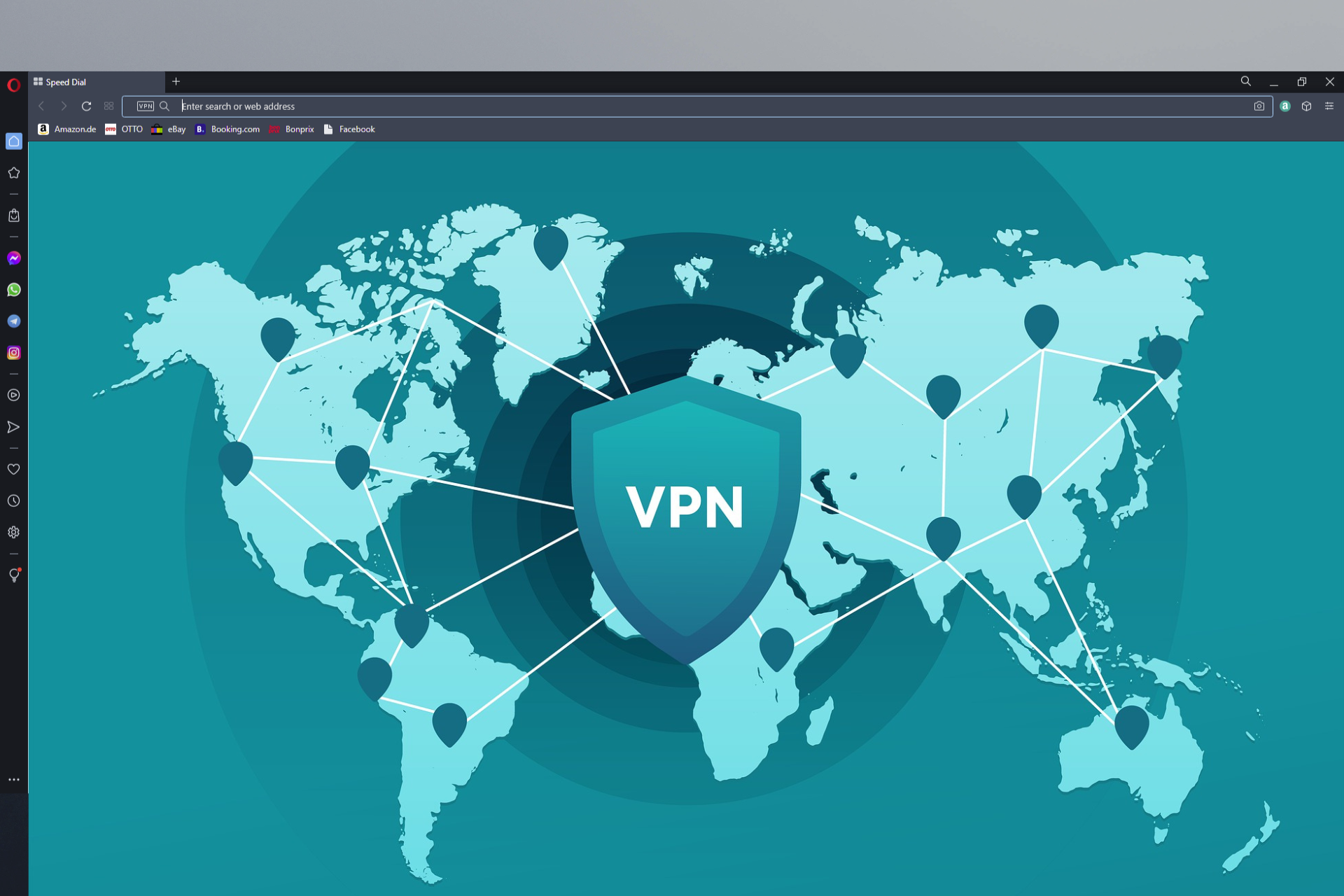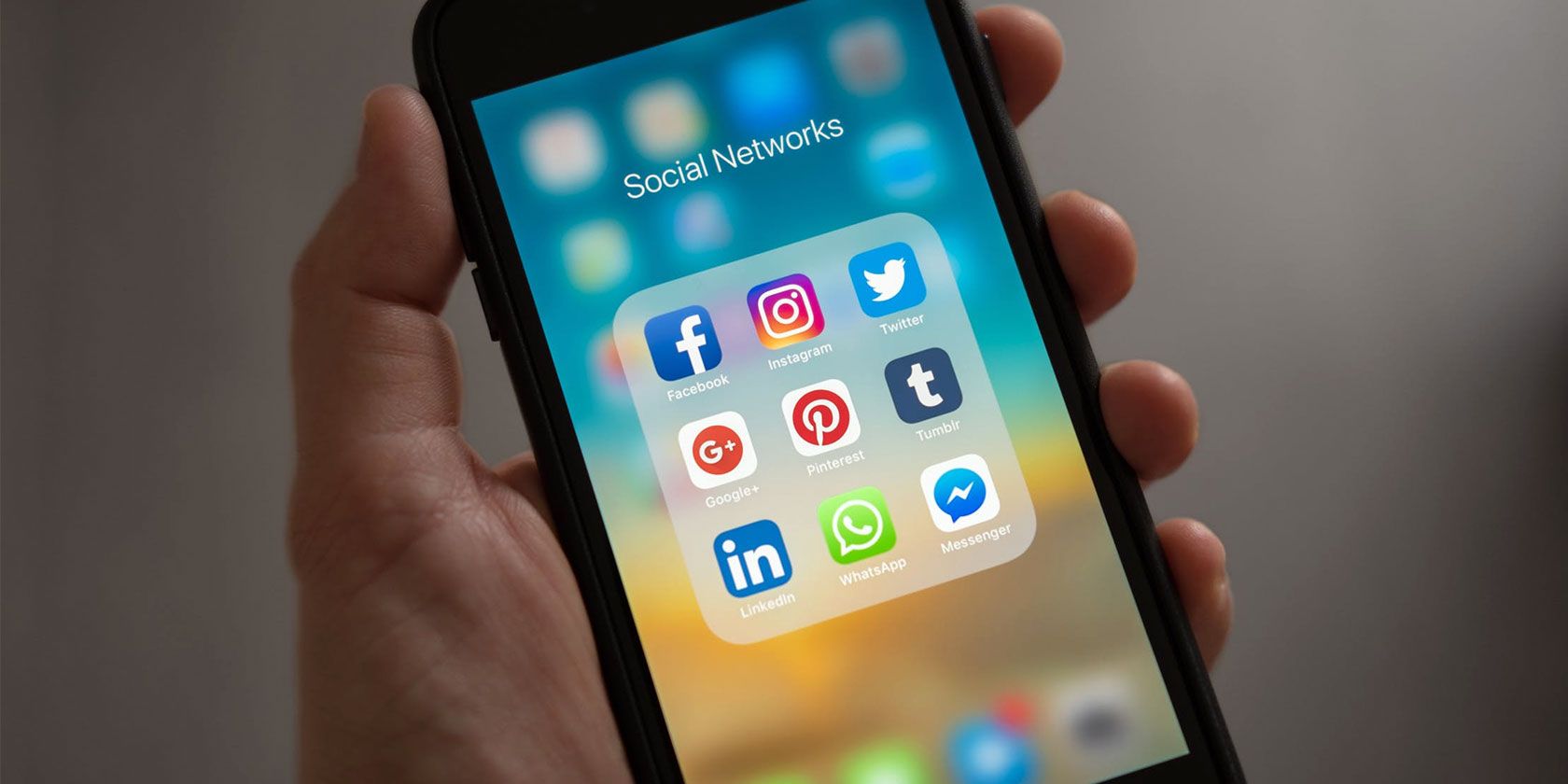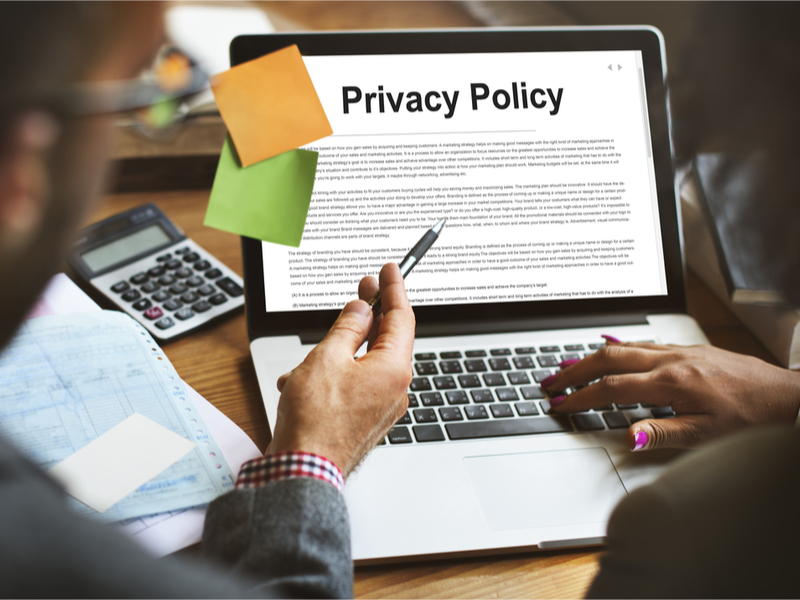Online privacy and security are important for everyone who uses the internet. Whether you are browsing, shopping, banking, or socializing online, you want to keep your personal information and data safe from hackers, advertisers, and other unwanted parties. Here are some simple tips to help you protect your online privacy and security.
Use a Password Manager and Two-Step Authentication
One of the easiest ways to protect your online accounts is to use strong and unique passwords for each of them. A password manager can help you generate and remember complex passwords that are hard to crack. It can also monitor your accounts for security breaches, suggest changing weak or duplicate passwords, and sync your passwords between your devices.
Some of the best password managers are LastPass and 1Password. They are easy to set up and use, and they offer various features to enhance your security.

Another layer of protection you can add to your online accounts is two-step authentication. This means that you need to enter your password and a code that is sent to your phone or an app when you log in. This way, even if someone steals your password, they won’t be able to access your account without the code.
Most banks and major social networks offer two-step authentication as an option. You can enable it in your account settings or use an app like Google Authenticator to generate codes.
Use a VPN and a Privacy-Focused Browser
When you browse the web, you leave behind a trail of data that can reveal a lot about you, such as your location, browsing habits, interests, and more. This data can be collected by websites, advertisers, trackers, and even hackers who can use it to target you with ads, manipulate your opinions, or steal your identity.
To protect your web browsing from prying eyes, you can use a virtual private network (VPN) and a privacy-focused browser. A VPN creates a secure and encrypted connection between your device and a server, masking your IP address and making your online actions untraceable. A VPN can also help you access geo-restricted content and avoid censorship.

Some of the best VPNs are NordVPN, ExpressVPN, and Surfshark. They offer fast and reliable service, multiple servers, and advanced security features.
A privacy-focused browser is one that blocks trackers, ads, and malware, and gives you more control over your data. Some of the best privacy-focused browsers are Brave, Firefox, and Tor. They offer various features to enhance your privacy, such as private browsing mode, incognito tabs, and anti-fingerprinting.
Be Careful What You Share on Social Media
Social media platforms are great for staying in touch with friends and family, but they can also expose your personal information and data to strangers, advertisers, and hackers. To protect your privacy on social media, you should be careful what you share and who you share it with.

Some of the things you should avoid sharing on social media are:
- Your full name, date of birth, address, phone number, email, and other personal details
- Your location, travel plans, daily routine, and other sensitive information
- Your financial information, such as bank accounts, credit cards, or online transactions
- Your passwords, security questions, or verification codes
- Your political views, religious beliefs, medical problems, or other personal opinions
You should also review your privacy settings on each platform and limit who can see your posts, photos, videos, and stories. You can also use tools like Facebook’s Privacy Checkup or Twitter’s Privacy Dashboard to manage your privacy settings.


